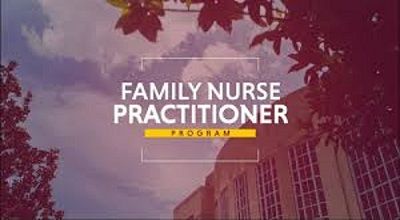Clinical Psychologist
Becoming a clinical psychologist requires a combination of education, training, and licensure. Here is a step-by-step guide to help you navigate the path to becoming a clinical psychologist:
Educational Requirements:
- Bachelor’s Degree: Obtain a bachelor’s degree in psychology or a related field. While a psychology major is common, some programs may accept applicants with degrees in other disciplines. Ensure that your coursework includes relevant psychology classes.
- High GPA and Relevant Experience: Maintain a high GPA, as competitive graduate programs often have GPA requirements. Gain relevant experience through internships, research opportunities, or volunteer work in psychology or mental health settings.
Graduate Education:
- Master’s Degree (optional): Some students choose to pursue a master’s degree in psychology before applying to doctoral programs. This can provide additional research and clinical experience, making you a more competitive candidate for doctoral programs.
- Doctoral Degree (Ph.D. or Psy.D.): Enroll in a doctoral program in clinical psychology. There are two main types of doctoral programs: Ph.D. (Doctor of Philosophy) and Psy.D. (Doctor of Psychology). Ph.D. programs often emphasize research, while Psy.D. programs focus more on clinical practice. Choose the program that aligns with your career goals.
Research and Clinical Training:
- Research: Engage in research activities to build a strong foundation in psychological research. This is particularly important for Ph.D. programs, but research experience can be valuable in any clinical psychology program.
- Clinical Training: Gain practical experience through clinical placements, internships, or practicum experiences. These opportunities allow you to apply theoretical knowledge to real-world clinical settings.
Complete a Dissertation:
- Ph.D. Programs: If you are in a Ph.D. program, you will typically be required to complete a dissertation based on original research. This is a significant component of your doctoral training.
Internship:
- Pre-doctoral Internship: Complete a pre-doctoral internship, which is usually a year-long supervised clinical experience. This is a crucial step in gaining hands-on experience and preparing for licensure.
Post-Doctoral Experience (Optional):
- Post-doctoral Fellowship (Optional): Some psychologists choose to pursue post-doctoral fellowships to gain additional specialized training in a specific area of clinical psychology.
Obtain Licensure:
- State Licensure: To practice as a clinical psychologist, you must obtain licensure from the state where you plan to work. Licensing requirements vary by state but generally include completing a doctoral program, accumulating supervised clinical hours, and passing the Examination for Professional Practice in Psychology (EPPP).
Specialize and Continue Education:
- Specialization: Consider specializing in a particular area of clinical psychology, such as neuropsychology, child psychology, or health psychology. This can enhance your expertise and career opportunities.
- Continuing Education: Stay informed about developments in the field through continuing education. Many states require psychologists to engage in ongoing professional development to maintain their licensure.
Seek Employment:
- Apply for Positions: With your licensure in hand, you can apply for positions in various settings, including private practice, hospitals, clinics, schools, or research institutions.
Join Professional Organizations:
- Membership in Professional Organizations: Consider joining professional organizations such as the American Psychological Association (APA) or other relevant organizations in your country. Membership provides access to resources, networking opportunities, and updates on the field.
Finally note that the path to becoming a clinical psychologist can be challenging and competitive. It’s essential to stay focused, gain relevant experience, and seek guidance from mentors throughout your educational and professional journey.





